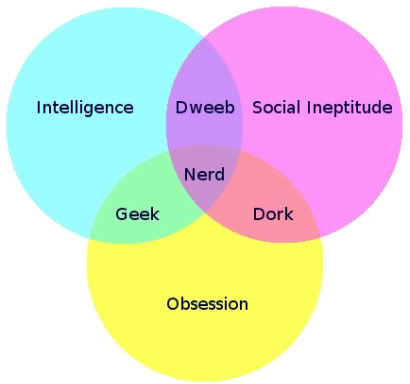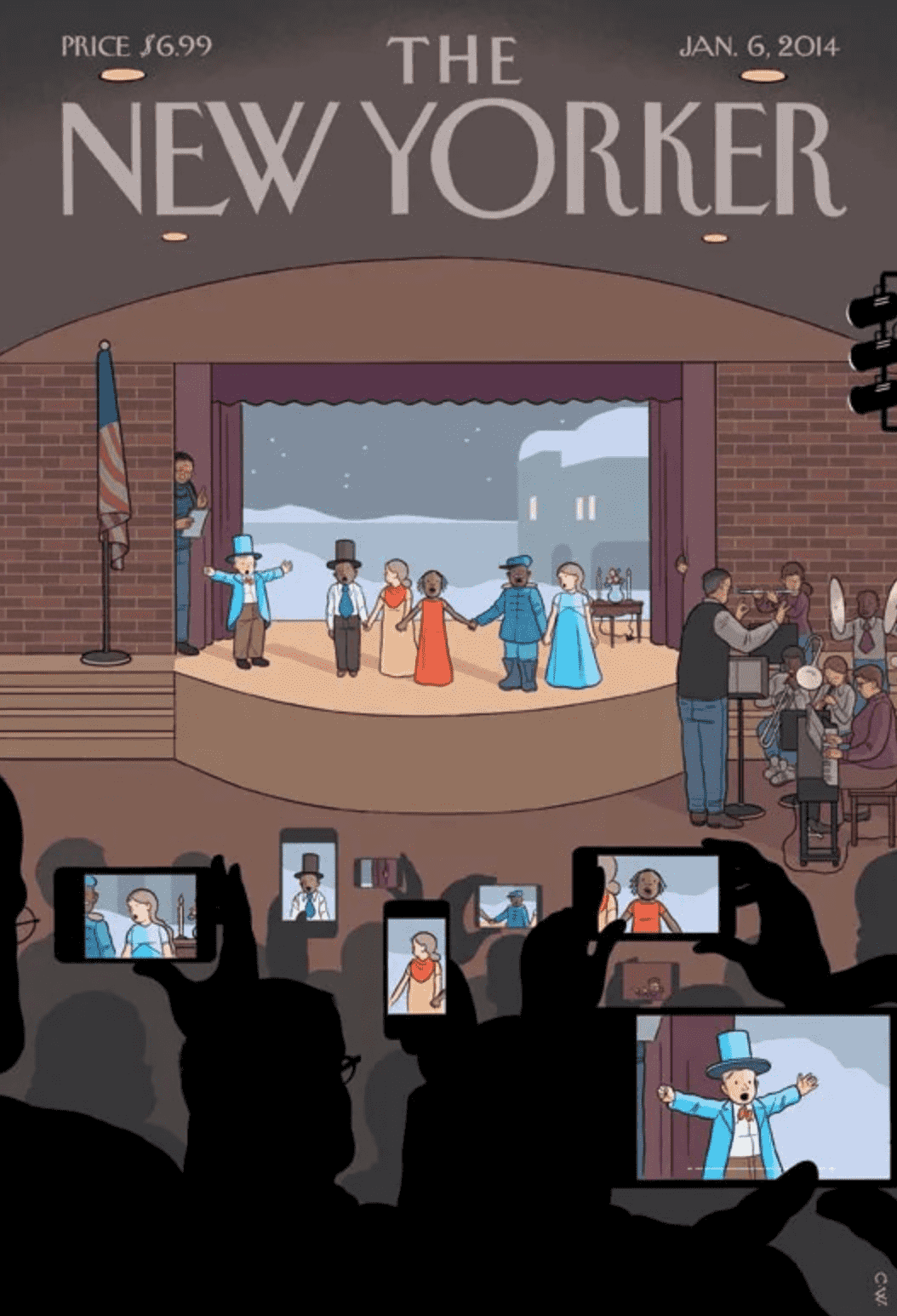Me
Geek
A lot of stuff is interesting and even boring stuff can be made so.

What is a geek?
. . .

A lot of stuff is interesting and even boring stuff can be made so.

. . .

Digital communication is central to contemporary life and yet (or consequently) we take it for granted.
This course will remedy this; at its successful completion you will be able to explain the technical basis, communicative effects, and commercial aspects of digital communication.
If educators wanted to reach their students, the traditional academic pace which is slow, should be cast aside for the sake of speed and the sensation of urgency (Prensky, 2001a, p. 6). (EvansRobertson 2020, p. 2)
moral panics occur when a particular group in society such as a youth subculture, is portrayed by the news media as embodying a threat to societal values and norms. (EvansRobertson 2020, p. 3)
For example…?
. . .
Apparently not.
. . .
while digital natives may be more likely to choose to multitask, they are not more efficient multitaskers. (Moran 2016)
. . .
young adults were no more knowledgeable than older adults about the underlying structure of the web, major tech leaders (like Bill Gates), or even important concepts like net neutrality. (Moran 2016)
Are there generations?
. . .
I’d posit overlapping cycles of myth and panic over time.
Have you benefited from early exposure to tech?
What would you like to learn?

It’s the Web!
Tools like Obsidian allow you to “make information your own.”
In emails, click the ‘…’ to see my response.
Please see my comments below. —Dr. Reagle …
On Tuesday, Sue wrote: >>> Michael Pollen argues agriculture is the new industrial. >> >>typo: it's "Pollan" —Dr. Reagle >> > Thanks for noting that. — Sue It's an easy mistake to make. —Dr. Reagle

| high expectations | respect |
| academic integrity | collaboration |
| gadgets | attendance |
| participation | late work |